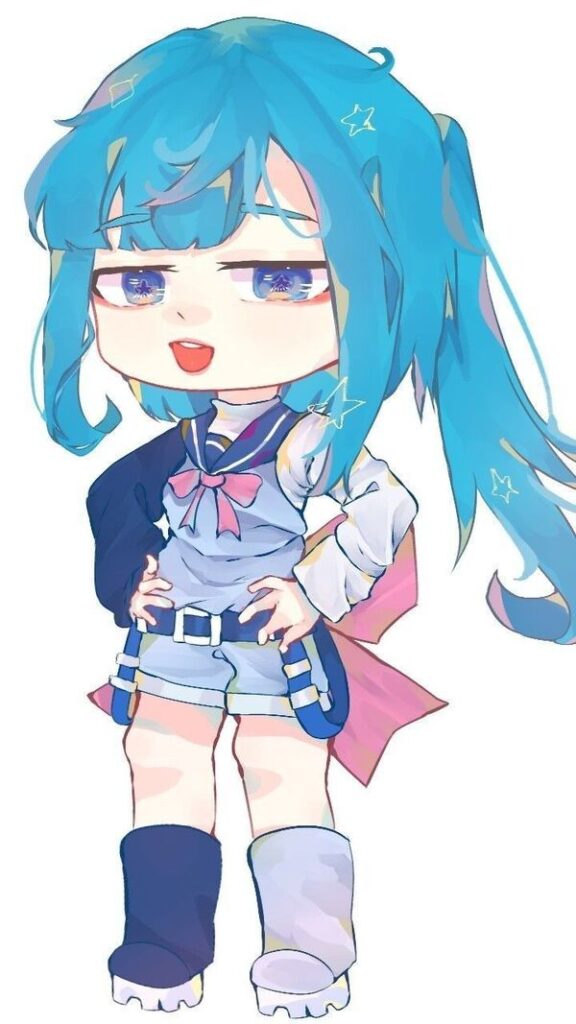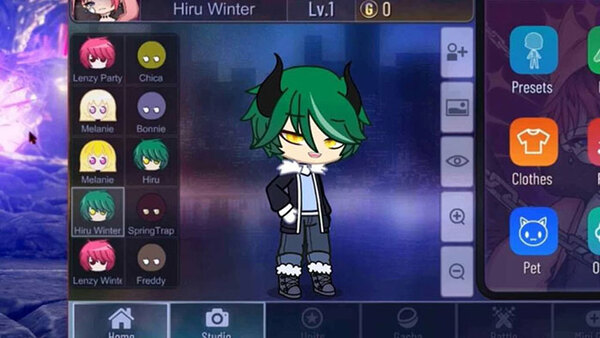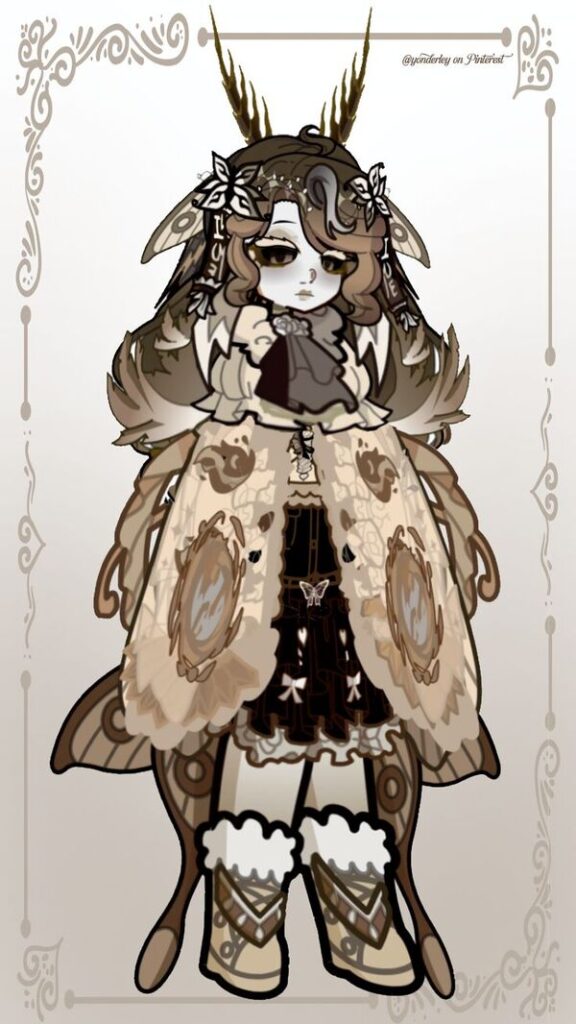Exploring the Gacha Club Experience: The Impact of Gacha Mechanics on Player Behavior
Introduction
Gacha Club, developed by Lunime, has taken the gaming community by storm since its release. Combining elements of character customization, role-playing, and gacha mechanics, it offers players a rich experience that can be both engaging and frustrating. While the game’s colorful graphics and interactive features attract a diverse audience, a deeper examination reveals a significant issue: the psychological impact of gacha mechanics on player behavior. This article delves into this issue, exploring how the mechanics can lead to addictive behaviors, financial concerns, and community dynamics.

The Allure of Gacha Mechanics
Understanding Gacha Systems
Gacha systems are inspired by Japanese capsule-toy vending machines, where players invest resources (often real money) to receive random in-game items or characters. In Gacha Club, players can use in-game currency or real money to roll for new characters, outfits, and accessories. The thrill of randomness is a primary draw, creating an environment where players are often tempted to spend more than they initially intended.
The Role of Rarity
One of the key factors that enhance the allure of gacha mechanics is the concept of rarity. Items and characters in Gacha Club are categorized into different tiers of rarity, with rarer items generally being more powerful or visually appealing. This rarity system creates a sense of urgency and desire, pushing players to chase after these elusive items. The more difficult an item is to obtain, the more desirable it becomes, leading to compulsive spending behavior.
Psychological Impacts of Gacha Mechanics
The Psychology of Gambling
Gacha mechanics often resemble gambling, where the outcome is uncertain, and the potential for loss exists. This similarity raises concerns about addiction, particularly among younger players who may not fully understand the implications of spending real money for a chance at virtual rewards. The excitement of “the next big win” can lead to repetitive spending, mirroring the behaviors seen in gambling scenarios.
FOMO and Social Pressure
Fear of Missing Out (FOMO) is another psychological factor at play in Gacha Club. Players may feel pressured to participate in events or spend money to keep up with peers. Social media platforms amplify this pressure, as players showcase their rare finds and achievements, creating an environment where not participating can lead to feelings of inadequacy or exclusion.

Financial Implications for Players
In-Game Purchases
Gacha Club provides players with the option to purchase in-game currency, which can lead to substantial financial commitments over time. While the game itself is free to play, the allure of acquiring rare items often leads players to spend significant amounts of money. Some players report spending hundreds or even thousands of dollars to obtain coveted characters or accessories.

The Long-Term Impact
The financial implications extend beyond immediate spending. Players may find themselves in a cycle of debt, continuously chasing the next rare item. This financial strain can lead to broader issues, such as neglecting real-life responsibilities or relationships. The lure of the game can overshadow essential aspects of life, leading to regret and dissatisfaction.
Community Dynamics and Toxicity
The Competitive Nature of Gacha Club
Gacha Club fosters a competitive environment, where players often compare their collections and achievements. This competition can lead to toxic behavior within the community, such as bullying or harassment of players who are perceived as less skilled or less fortunate in their gacha rolls. The emphasis on rarity and acquisition creates a hierarchy among players, fostering resentment and negativity.
The Role of Social Media
Social media plays a significant role in shaping community dynamics. Platforms like Instagram, TikTok, and YouTube are filled with content showcasing rare finds, character builds, and competitive gameplay. This constant showcase can lead to a toxic culture where players feel pressured to spend money or time to keep up with the trends, further exacerbating feelings of inadequacy and competition.
Strategies for Responsible Gaming
Setting Budgets
To mitigate the risks associated with gacha mechanics, players should establish clear budgets for in-game spending. By setting limits, players can enjoy the game without falling into the trap of excessive spending. This budget can be a monthly or weekly limit that aligns with their financial situation.

Fostering Healthy Community Dynamics
Encouraging positive interactions within the Gacha Club community is essential for fostering a healthy gaming environment. Players can promote inclusivity and support by celebrating achievements without comparison. Creating spaces for players to share their experiences without judgment can help reduce the competitive pressure.
Alternatives to Gacha Mechanics
Exploring Other Monetization Models
Developers could explore alternative monetization models that don’t rely on gacha mechanics. For instance, providing players with a fixed set of characters or items for a one-time purchase could lead to a more satisfying experience without the compulsive spending associated with gacha systems.
Focusing on Player Choice
Another alternative is to enhance player choice in acquiring items. By implementing systems that allow players to trade or earn items through gameplay rather than chance, developers can create a more balanced and fair environment. This approach can lead to greater player satisfaction and reduce feelings of frustration.
The Role of Developers in Responsible Gaming
Implementing Safeguards
Developers have a responsibility to implement safeguards that protect players from excessive spending. Options like spending caps, warnings about in-game purchases, and tools for tracking player spending can help players make informed decisions.

Transparency in Gacha Mechanics
Transparency about the odds of obtaining rare items can also contribute to responsible gaming. By providing clear information regarding the drop rates for various items, developers can empower players to make better choices and reduce the element of surprise that fuels compulsive behavior.
Conclusion
While Gacha Club offers an engaging and colorful world for players, the underlying gacha mechanics present significant challenges that can lead to addictive behaviors, financial strain, and toxic community dynamics. By understanding these issues, players can take steps to enjoy the game responsibly, and developers can implement changes that promote a healthier gaming environment. Ultimately, the key lies in balancing the excitement of gacha mechanics with the need for responsible gaming practices to ensure that Gacha Club remains a fun and enjoyable experience for all players.


